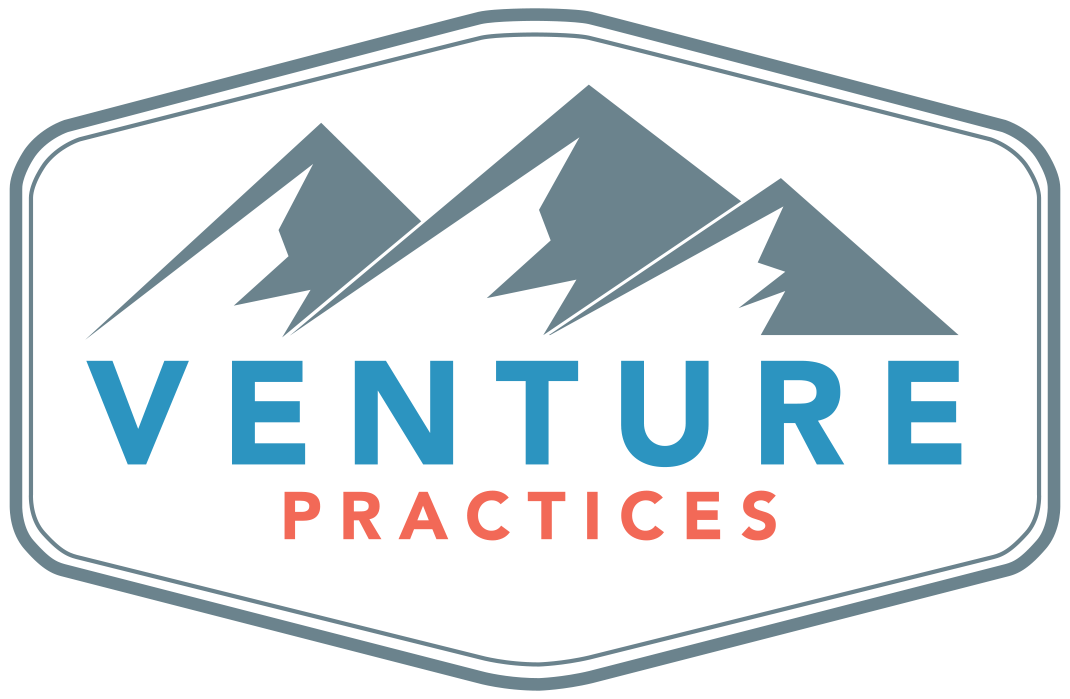Build Engaged Teams
Dental Team Development
Many owners spend a great deal of time making sure their practices are efficient. Consultants, industry professionals and even other dental owners push the theory that to be an effective owner you need to be efficient.
This is true and you will get no arguments from us. We strongly believe that practices need to be efficient. The problem is that most practices stop there. When in reality there is a huge space between efficiency and effectiveness.
That space is development and this is where we do our best work.
If you ever find yourself having to fire someone for performance that's because one of two things happened. You either hired the wrong person or you didn't provide the support they needed to be successful.
Developing an elite team means hiring for attitude first, understanding personal motivations, and providing the resources each team member needs to be successful.
The Path To a Driven Culture
Team Development Workshops
Define Your Vision
This first step is having a vision of success. If you don't know where you're headed how will you expect anyone else to join you?
During this process we will help you discover what motivates you, what lies ahead for you, and how to create a vision of success. A clear vision defines your passion and helps you get out of bed every morning with purpose and intention.
Knowing that intention helps you build the culture that connects your team to the patient experience.
Define Team Culture
Defining what your culture will be isn't as complicated as you might think. The issue is when you wait too long to establish it.
Every practice has a culture wether it's the one you want or not. During this workshop we discuss with the leadership team what the look, act, and feel of the organization should be.
Do you want to look professional, act organized, feel trusted? What about looking familiar, acting empathetic, and feeling relatable?
Whatever it is, every employee should not only agree with it but use it to drive their behaviors. If only one person isn't bought in, it can create cynicism and divide the team. Patients can see this disconnect which leads to poor patient retention and a lack of advocacy for you in the community.
Hiring The Right Team
Defining what your culture will be isn't as complicated as you might think. The issue is when you wait too long to establish it.
Every practice has a culture whether it's the one you want or not. During this workshop we discuss with the leadership team what the look, act, and feel of the organization should be.
Do you want to look professional, act organized, feel trusted? What about looking familiar, acting empathetic, and feeling relatable?
Whatever it is, every employee should not only agree with it but use it to drive their behaviors. If only one person isn't bought in, it can create cynicism and divide the team. Patients can see this disconnect which leads to poor patient retention and a lack of advocacy for you in the community.
The Respected Team
This workshop is crucial in getting each team member to understand their value and the value of others.
It's very rewarding for leadership when team members understand predictive conflict and are able to handle it themselves.
Knowing behavioral style, communication preferences, and personal values of each team member builds a culture of mutual respect.
Team members become supportive of one another and patients want to return to practices where people genuinely like and respect each other.
The Passionate and Proficient Team
This workshop was adapted from Free To Focus by Michael Hyatt. The purpose is to find out if your team members are doing the type of work they are good at and passionate about.
We distribute task assessments to determine how each team member feels about their daily tasks. What tasks are they proficient at but not passionate? Can we find someone else to do those tasks or find a way to make that task more enjoyable.
Are they passionate but not proficient? How do we get them training so they can build confidence?
We love having defined roles and responsibilities but elite teams are built with flexibility. Building effectiveness comes from moving tasks around to people that are driven to take them on.
The Focused Team
This workshop is perfect for the team that has lost focus.
Maybe growth has slowed down. Maybe there is a lack of energy. Maybe there are some areas the team is concerned about. Maybe they feel overwhelmed.
We have found that concentrating your team on three motivations over 90 days creates a realistic sense of accomplishment.
These need to be agreed upon by both leadership and the team and not necessarily goals. We want to create new habits.
For Example: Saying we want 20 more reviews each month over the next 90 days means there's a finish line. Twenty reviews should be the result not the expectation.
Developing an agreed upon process for getting reviews allows for collaboration and buy-in. Seeing significant growth in this area should be the expectation.
The Structured Team
Having a structured team means that leadership is intentional in putting together a team that knows their roles and responsibilities.
For example: An office that hires an associate who has a demanding behavioral style and values being in charge, will certainly conflict with an office manager with the same profile.
Utilizing team assessments will help you discover where there will be predictable conflict. This is extremely helpful when building out a cohesive team that values the culture.
This workshop helps leaders develop their internal structure for each office and clearly communicate the line of command.
